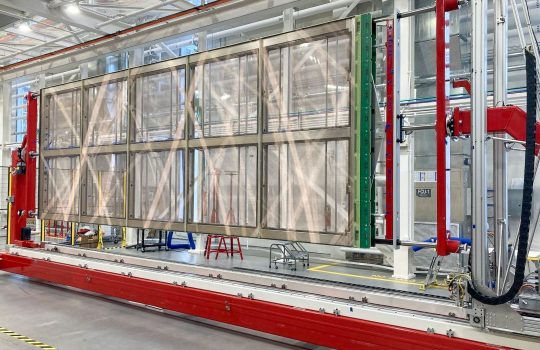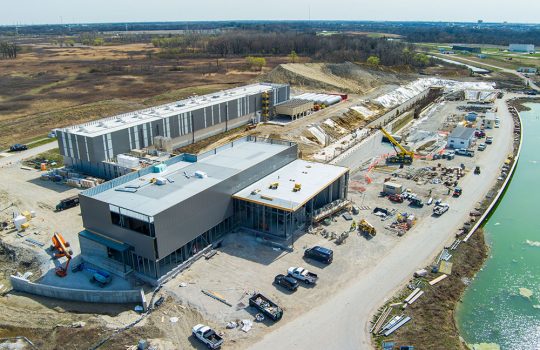Why America is hollowing out a mountain
The B1M, June 18, 2025
The B1M channel, the world’s largest online video channel for construction projects, describes the LBNF/DUNE project and how it will help us continue to advance particle physics research.


